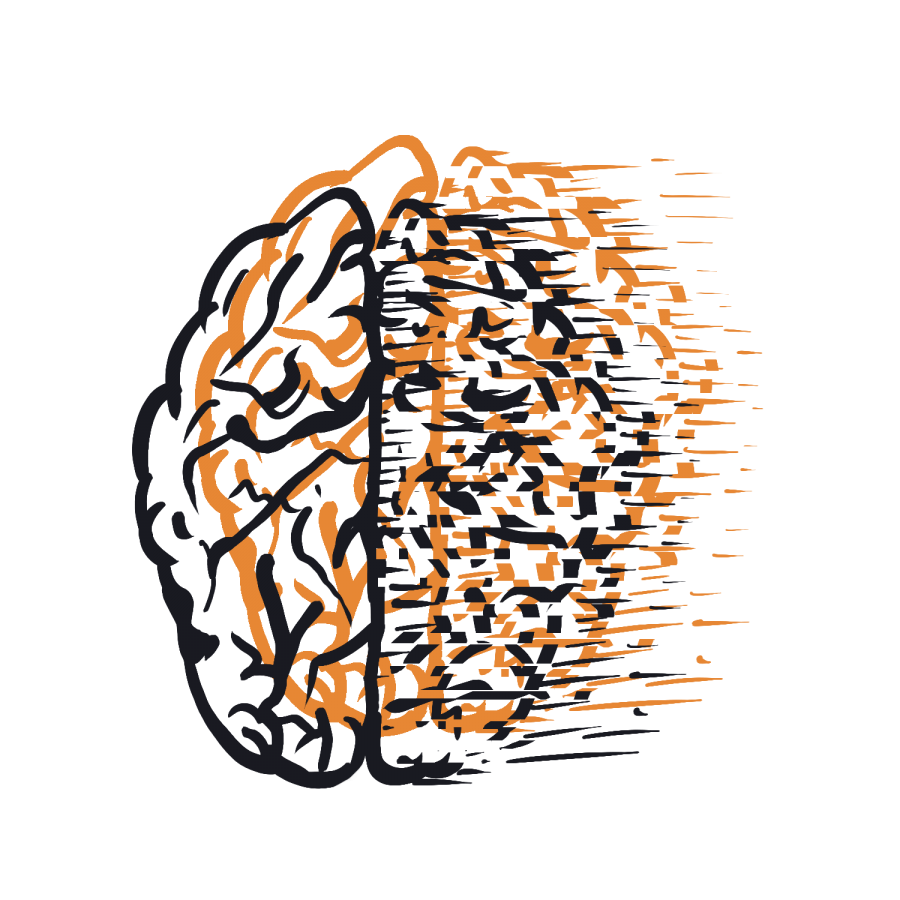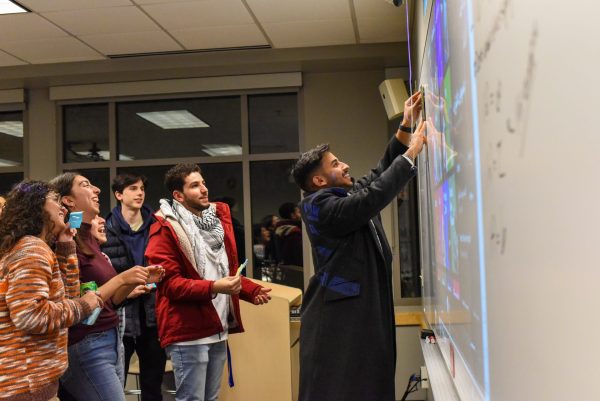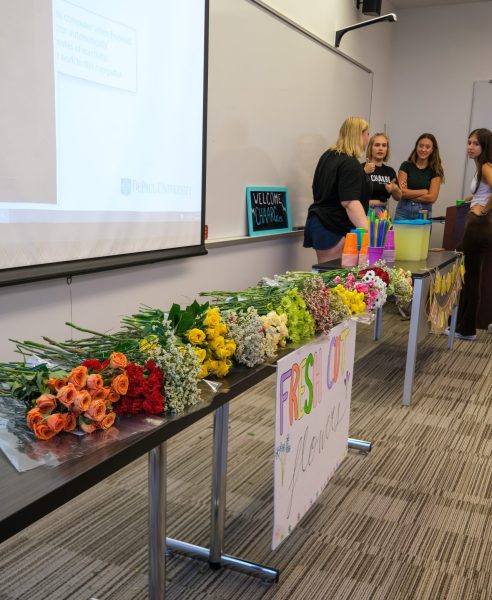How to deal with ADHD during Covid-19
Mental illness is a great task to deal with, especially in a time when everything seems to be exploding around you. Due to many cataclysmic events that have been accumulating since the lockdown started in Chicago, in regards to COVID-19 as well as the continued racism and images of black death in the media, those who were already vulnerable to mental health issues are now even more vulnerable. People with ADHD for example, might find it hard to focus in such a time due to being in an environment where their emotional state is in flux and without a lot of outside engagement. To ameliorate some of these focus issues, I talked to two professionals in fields such as ADHD advocacy, research and clinical experience.
ADHD, also known as attention hyperactivity deficit disorder, is a disorder commonly associated with problems of focus and attention in everyday life. For a person with ADHD and executive dysfunction disorders, college can be particularly challenging. Additionally, with the ongoing pandemic and the large amount of mental stress coming in, this time of their lives can become highly confusing. ADHD is a disease that is characterized by natural attention deficiencies that are multiplied in the brain due to structural differences within the internal signaling systems of the brain’s wiring.
“When external structure is gone you have to create your own structure,” said Dr. Peter Jaksa. Jaksa was the president for the Attention Deficit Disorder Association, as well as a writer for ADDitude magazine, with a practice in Chicago and a newly released book “Life with ADHD.” In his lifelong advocacy, he has underlined the need for creating structure in the lives of people with ADHD. “When you have to go to college, you have to create your own structure,” Jaska said. Right now especially, it is important to consider the ways in which this structure, that many people with neurodivergent traits such as ADHD rely on, has undergone changes.
Jaksa recommends remaking a structure or schedule to combat this. “Setting up study schedules, exercise schedules, routines” are important parts of the ADHD phenomena “Consistency and structure are very important” Having some sort of internal trigger to achieve a study schedule seems wise for people with ADHD. Furthermore, since genuine replication of the classroom setting is difficult this term due to remote learning , any schedule made must take into account daily home chores too. For many ADHD students, college and home chores are compartmentalized, but since the school and home are the same this quarter, that must be done away with. “There’s more distractions in the home, and thus there must be more internal structure to the task whatever that is,” said Dr. Maucieri. Mauceiri is a board-certified clinical psychologist who has worked with ADHD, specifically with young adults and adults, and has coedited a book on ADHD couples.
Maucieri also mentioned that family relationships and co-morbidities can deeply affect the ways people experience ADHD. “Sometimes, the structure can work against them,” Maucieri said, especially when enveloping back into an environment with an air of agitation will further the discomfort that ADHD people already feel. Thus, maintaining good family relationships or having concurrent counseling and a game plan to deal with such is important in the long run.
Maucieri also said that understanding our natural cycles of productivity can be beneficial. “Often we know when we are most productive, for some people that is early morning, others late afternoon….plan your tasks around them,” he said. Especially in this time, it becomes increasingly more important to understand when productivity ceases, since some of the external triggers for productivity, especially ones tied to being at a specific spot, are not available. Adding medication to the situation introduces another layer of complexity, Maucieri says that medicine should be taken for the purpose of therapy and counseling for those with ADHD.
“I wish more schools had study groups or support groups for people with ADHD,” Jaksa said. It seems that DePaul is missing some sort of mental health community and event, and while support group structures are there in the University Counseling Center, usage of those resources are not well known to the student population.”












